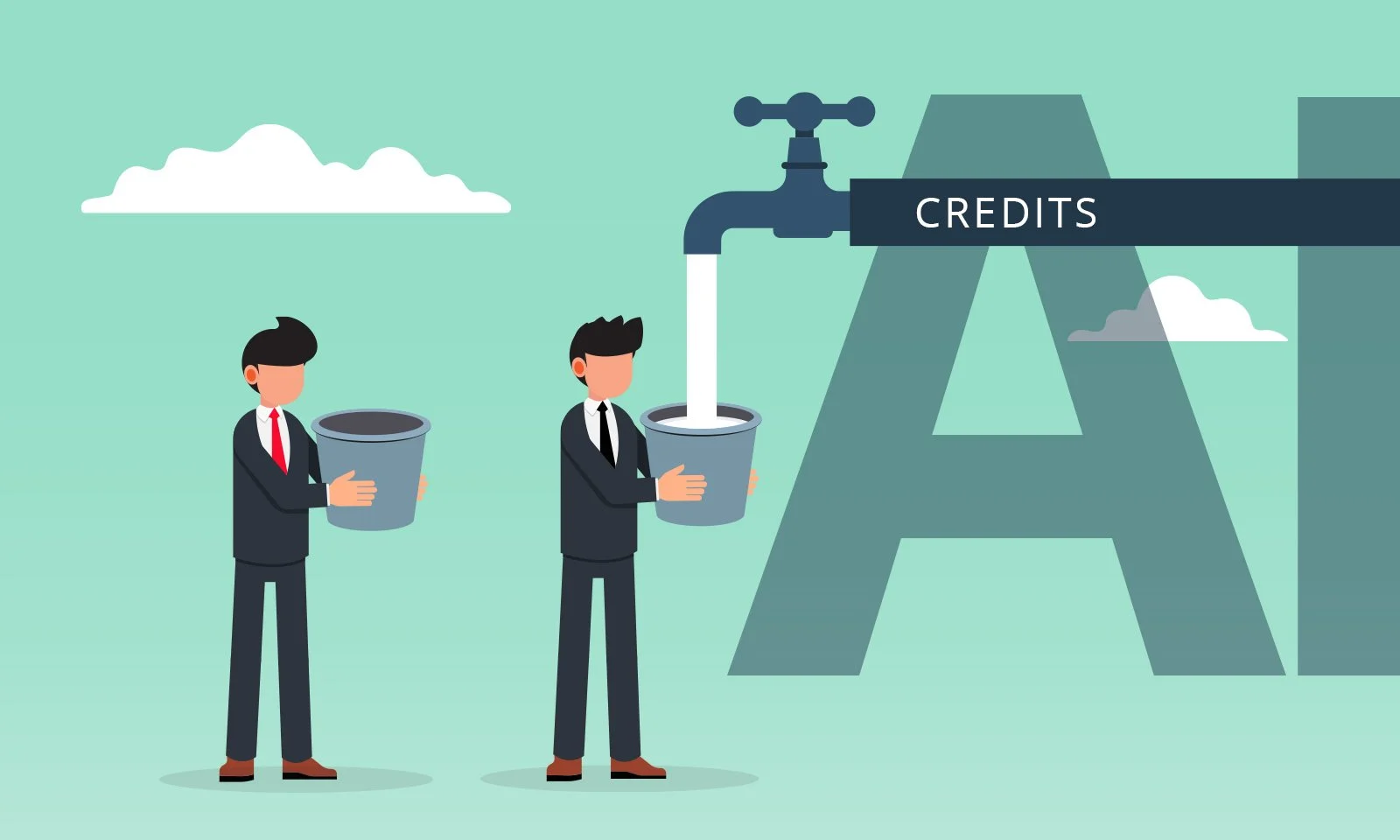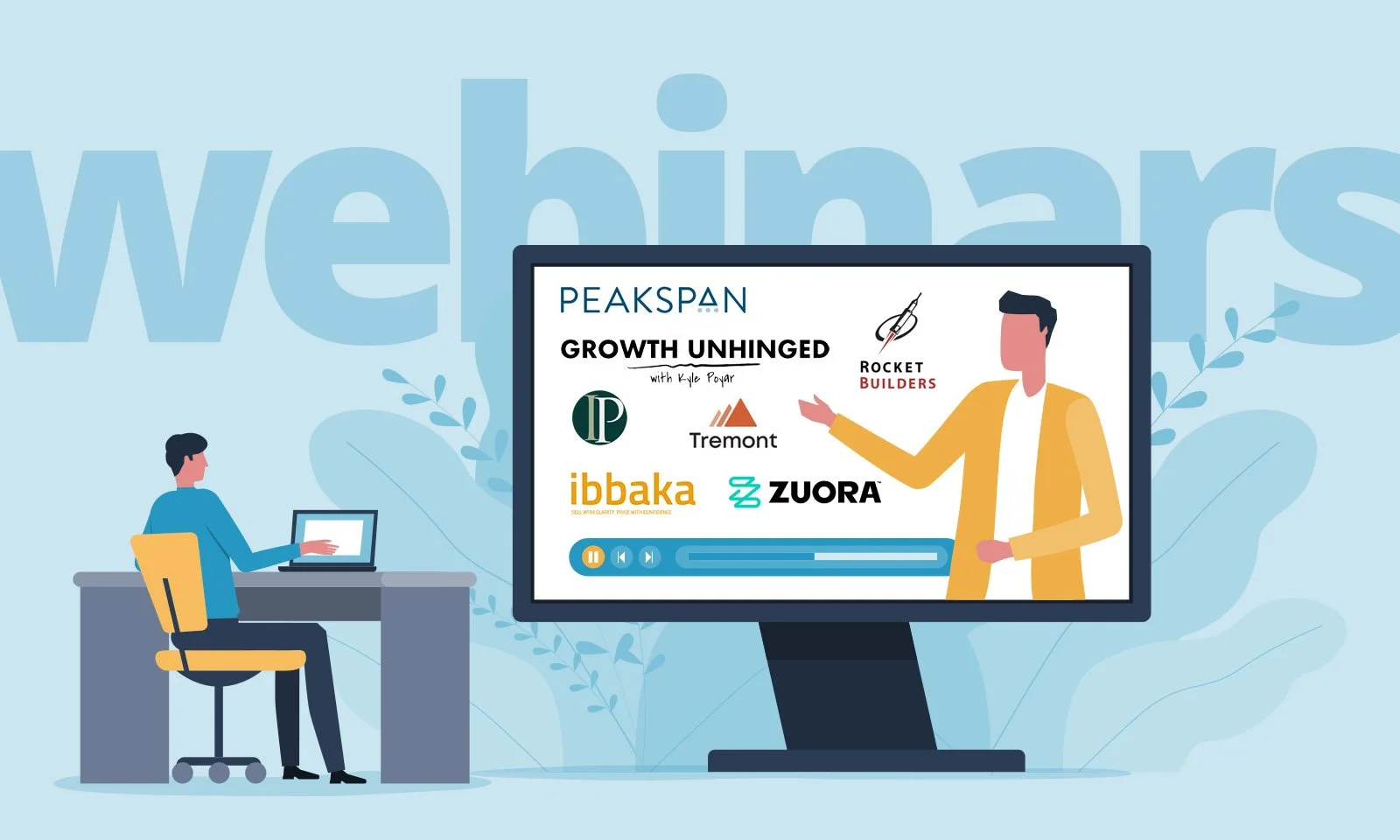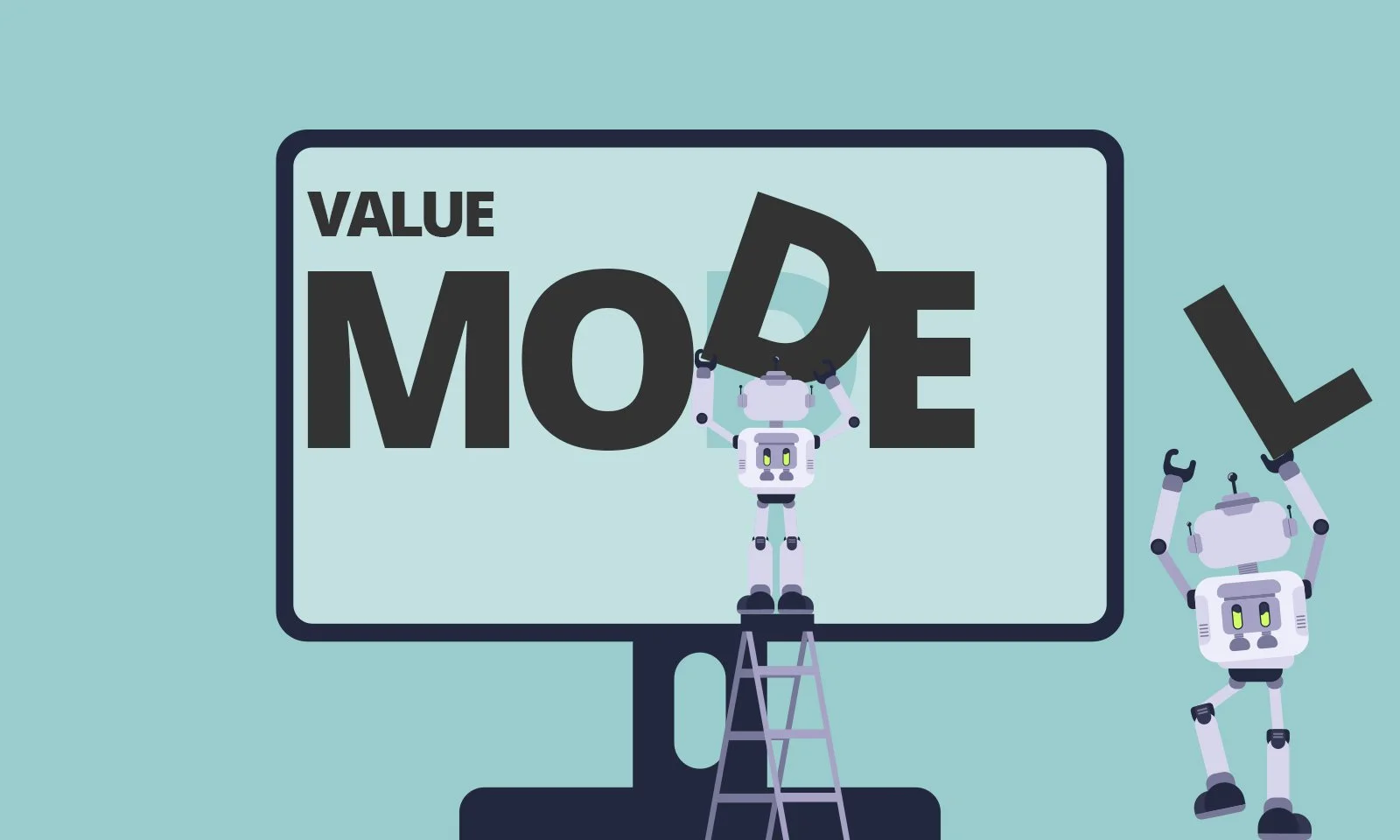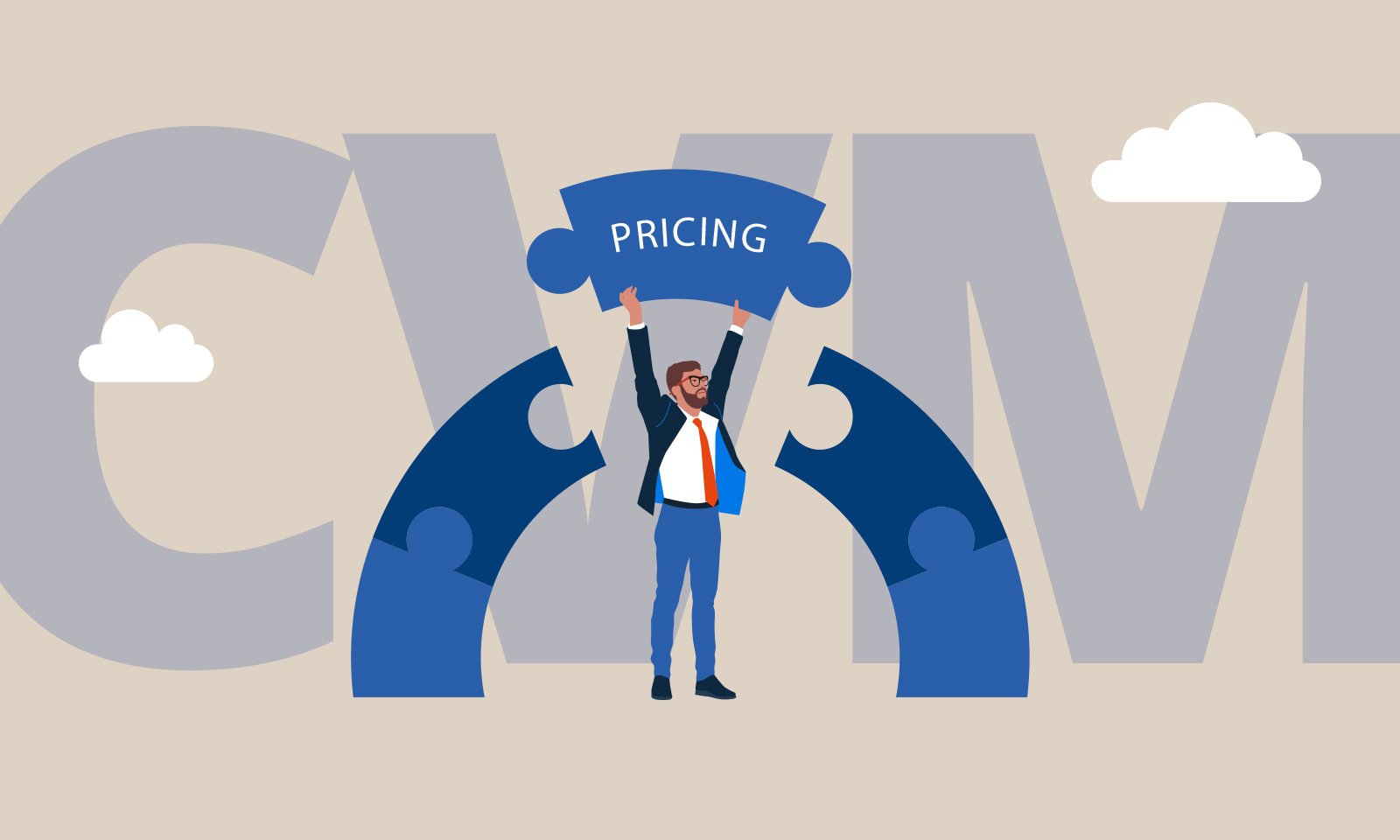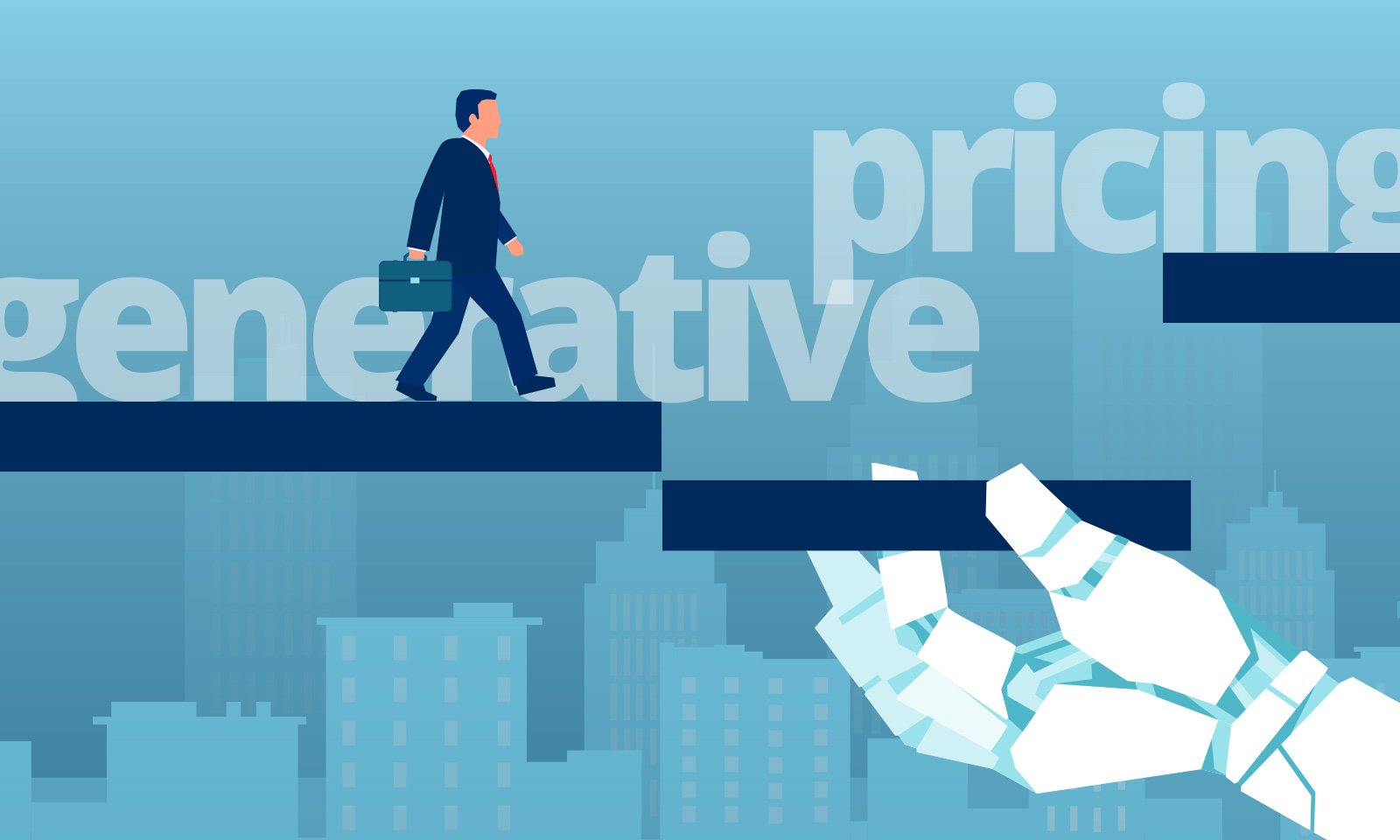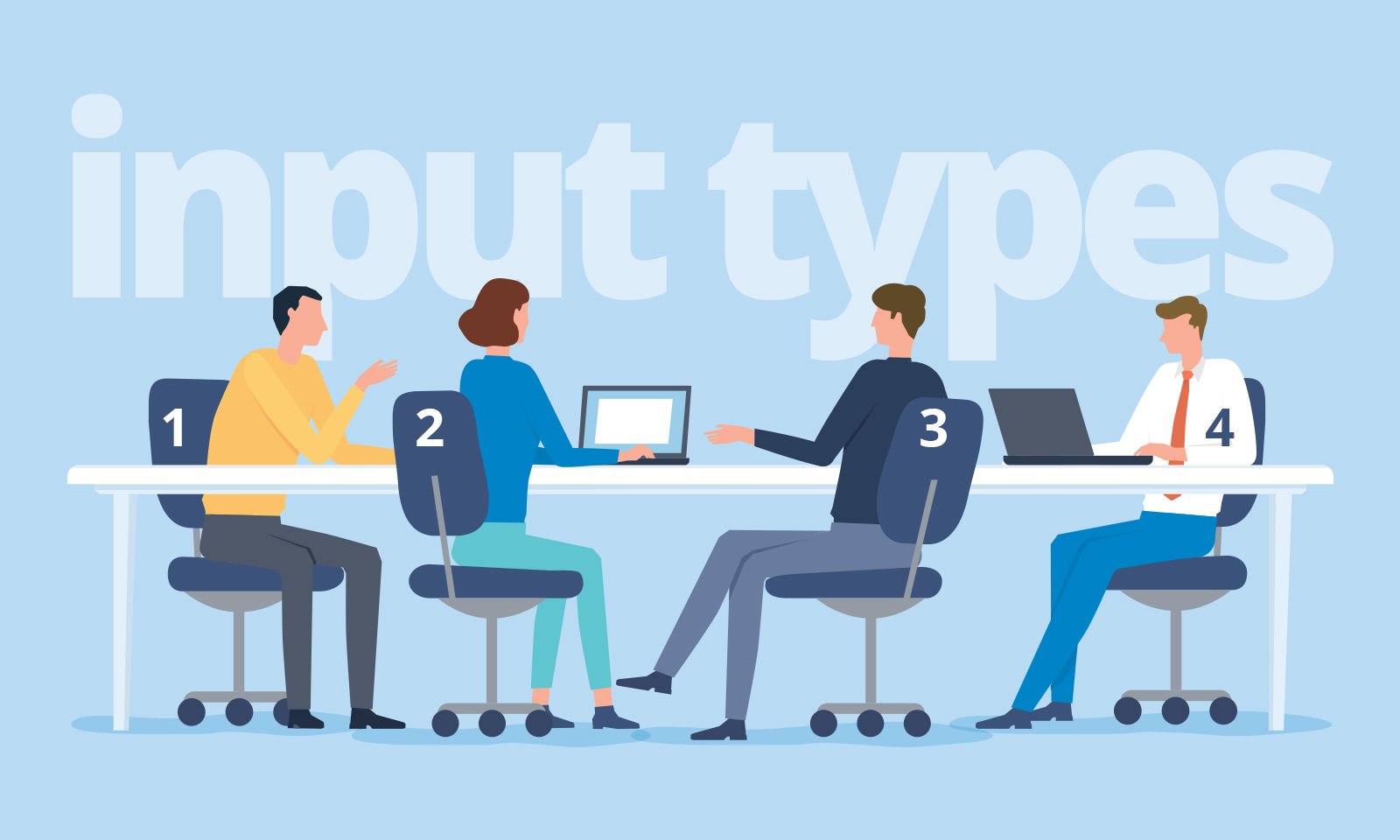THE VALUE & PRICING BLOG | Latest Insights & Pricing News from Ibbaka
When scarcity becomes abundance - value models everywhere
Value models are central to best practices in pricing. In the real world though, there have been many obstacles to practical applications. Value models are too expensive, they take too much time to develop and they are hard to maintain. The expertise to apply them to real world problems is scarce. Generative AI changes all that, making what was scarce abundant. This removes one layer of contrastaints and we we are entering a new era where value models are widely available and easy to apply. What new constraints will this reval?
A guide to the design of credit-based pricing for AI agents
Credit based pricing models are increasingly common, especially with agentic AI. When should you choose this pricing model? What are the design goals? What are the key design decisions to be made? This post reviews the key questions about credit based pricing models and then proposes a step-by step guide to their design.
Competition for data control will push API prices higher
API access is becoming a tension point between AI agents and applications, legacy enterprise applications and their customers. AI has made data more valuable and placed new demands on systems. Legacy vendors are pushing back by throttling or even removing access. Customers believe that this data is their data and that they should decide who gets to access what data for what purpose. Legacy vendors may start to charge AIs for access, a cost that will be passed on the users.
From Pricing to Profit: 5 Critical Webinars Every B2B SaaS Leader Must Watch
Witness the strategies shaping the future of B2B SaaS with exclusive access to our 5 most essential recent webinars—with our VIP decks now available for download. These sessions bring together the latest thinking from the industry’s top pricing and monetization experts, covering everything from Q1 2025’s biggest pricing shifts and the evolution of agent-based packaging, to actionable frameworks for AI pricing, mid-year trend analysis, and what’s really happening in B2B SaaS monetization.
AI advances with benchmarking - value models are the key to benchmarking business agents
AI advances through benchmarking. The major LLMs are systematically benchmarked as they are released and compete to appear at the top of the leaderboard. When developing FinAI Intercom fought hard to improve on its own benchmarking. Is there a general approach we can take to benchmarking AI agents for business? Will value models become the standard frame for benchmarking AI agents?
Why a value sales co-pilot needs a value model
Sales co-pilots like valueIQ.ai need value models in order to give the concrete insights into value that sellers want and that buyers need in order to make the best buying decisions. Doing this requires generative AI powered value model generation. vaueIQ.ai achieves this using the Ibbaka value model generation agent. This transforms how value models are used.
Value models trump ROI calculators
Value models are a far more powerful frame for customer value management than ROI calculators. Companies that need to communicate value to buyers and document value for customers need a value model and the ability to communicate value in value stories.
Customer Value Management in 2025
The year of the wood snake, 2025, is to be a time of transformation, wisdom, and renewal. This is especially true of customer value management (CVM) which is becoming a strategic way to introduce new products and technology (like AI) and to sustain that revenue over time. Value to Customer (V2C) is the key metric in CVM and is a compelling way to organize operations.
Why pricing is part of customer value management
Customer Value Management (CVM) is a rapidly growing category of B2B software. These platforms are used to measure the value being delivered to a customer (Value to Customer or V2C) and manage value communication, delivery and documentation. Pricing is integral to value management as customer see value in relation to price and price in the context of value.
Ibbaka Wrapped 2024: Webinars & Podcasts
Our Wrapped 2024 webinar and podcast recap of cutting-edge strategies in AI monetization, Net Revenue Retention (NRR), and value generation for B2B SaaS. From expert tips, industry leader conversations and interviews - content to make you and your customers a sales and value creation powerhouse.
What’s a Customer Value Manager and why you need one
Value-based selling has become a cornerstone strategy for many businesses. Executing this strategy effectively without a robust, detailed, validated, and configurable value proposition presents significant challenges. Central to overcoming these challenges is the development and utilization of value models. These models are essential for articulating the unique value a product or service offers and ensuring alignment with customer needs.
The Crucial Role of Value Models in Value-Based Selling
Value-based selling has become a cornerstone strategy for many businesses. Executing this strategy effectively without a robust, detailed, validated, and configurable value proposition presents significant challenges. Central to overcoming these challenges is the development and utilization of value models. These models are essential for articulating the unique value a product or service offers and ensuring alignment with customer needs.
Monetizing GenAI Roundtable Webinar: On-Demand Recording
Ibbaka had the pleasure of hosting a roundtable discussion on Monetizing Generative AI, featuring two industry luminaries: Michael Mansard from Zuora and Kyle Poyar from OpenView Partners. Generative AI is going to transform how we build B2B applications, how we configure them, how we move to dynamic configuration, and all of that is going to have a huge impact on both monetization and pricing.
Only 15% of Companies are Monetizing their AI Solutions…What’s Your Strategy?
How to monetize investment in generative AI is a critical question for B2B SaaS. Join Kyle Poyar from Growth Unhinged and Openview, Michael Mansard from Zuora and Ibbaka’s Steven Forth for this webinar which will define how companies can move forward and monetize generative AI applications.
Jointly creating value stories with the economic buyer and the sales champion: making MEDDIC even more powerful
The key to value based selling is for buyer and seller to collaborate on the value story. Doing this creates buy in and commitment on both sides. Value stories have an important role to play in supporting the MEDDIC approach to sales.
The Path to Generative Pricing
Generative pricing will come to dominate B2B SaaS pricing over the next decade, but most companies will begin by taking small steps to get there. The five steps are to (i) build a value model, (ii) use feature flags, (iii) map features to value, (iv) design a pricing model based on the feature-value mapping, (v) have pricing define configuration (or vice versa).
Maximizing Value: The Art of Measurement: PeakSpan & Ibbaka Masterclass Q&A
On June 5th, Ibbaka presented at PeakSpan’s Master Class series. We explored practical steps for building a robust value model, a key tool for value-based pricing. This model, crucial for sales, customer success, and product management, helps estimate economic value. In this blog post, we elaborate on questions from the session.
Four types of input into a value model
Value models integrate different types of information: about the customer, about the improvement claims, about the industry and economy along with assumptions that are part of the model. Bringing these different types of information together drives insights that are not available when the data is managed in silos.
Look beyond costs when modelling value
Many companies focus on cost reduction as the easiest value driver to define. But there often cases where revenue is a more powerful value driver. Why do so many pricing and marketing teams default to cost value drivers? Revenue value drivers are playing a key role in green or sustainable solutions.
How to Capture the Right Value Metrics to Accurately Price Your Product
What data do you need to capture in order to design and manage pricing? Your value model holds the answer. Build a value model, identify the variables, and see which of the variables can be set through your solution.
Never miss an update
Subscribe to the Value & Pricing Newsletter to get insights that help you supercharge your growth.



